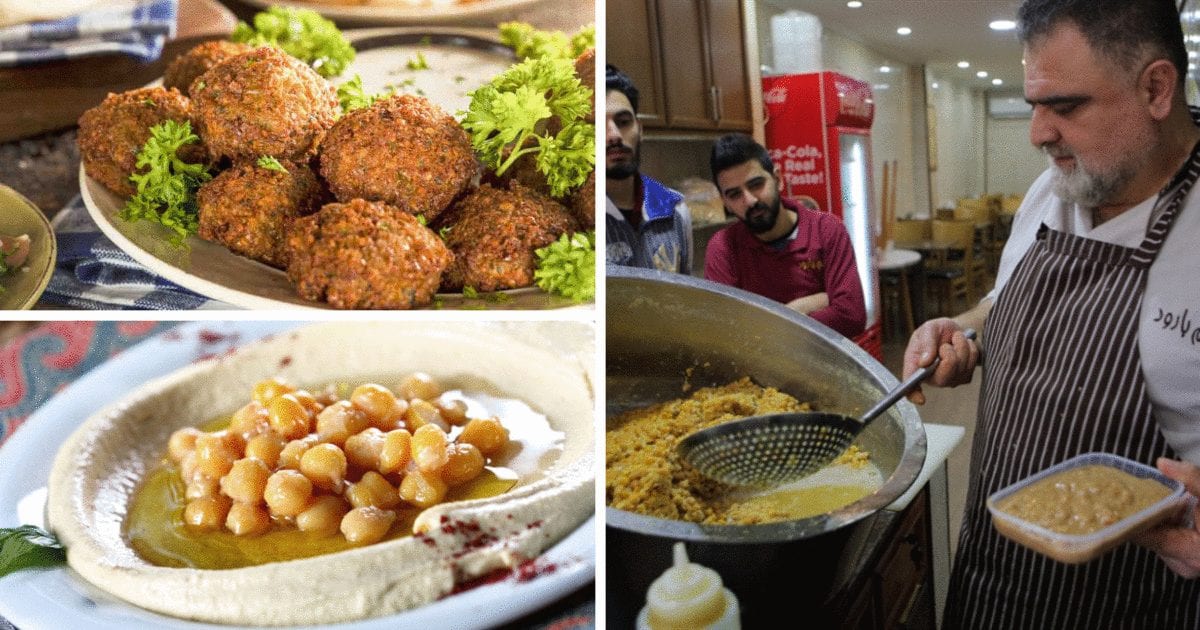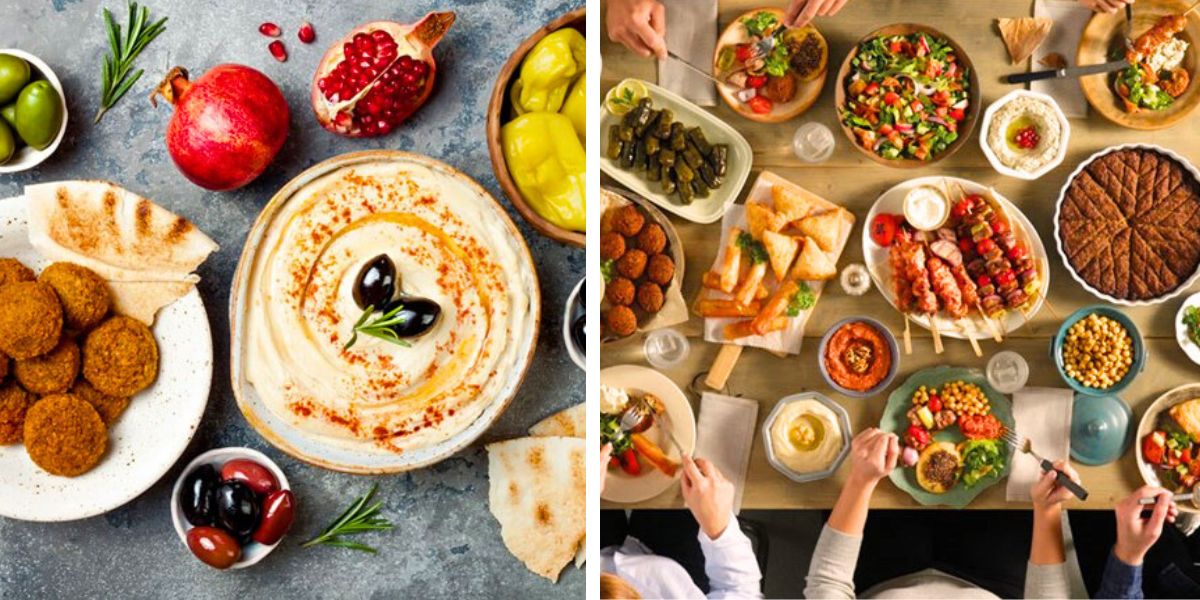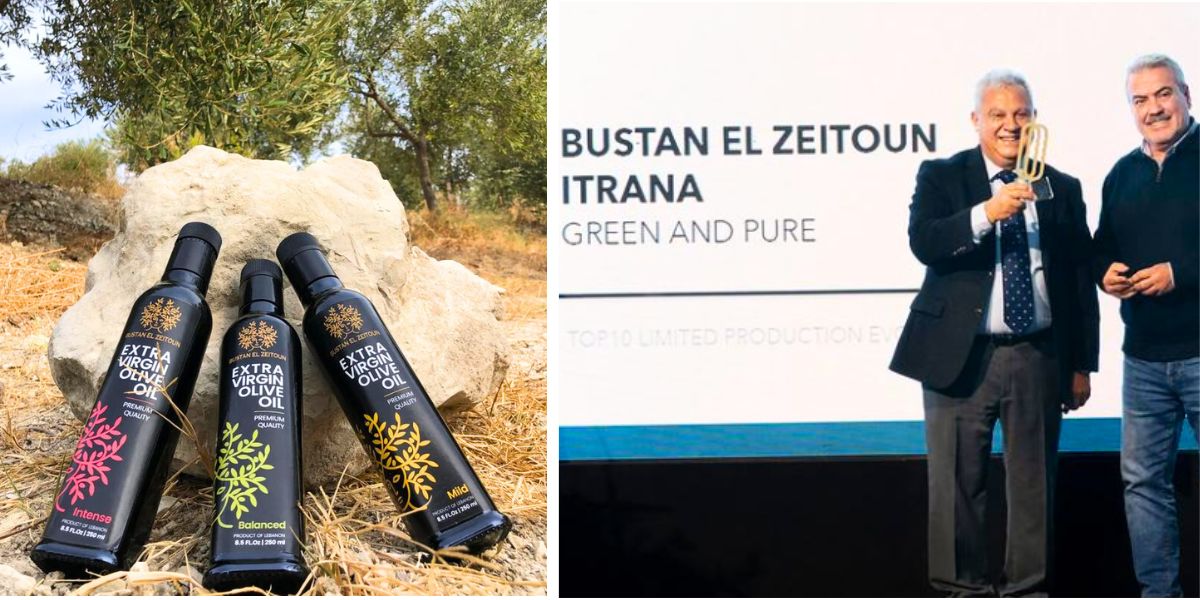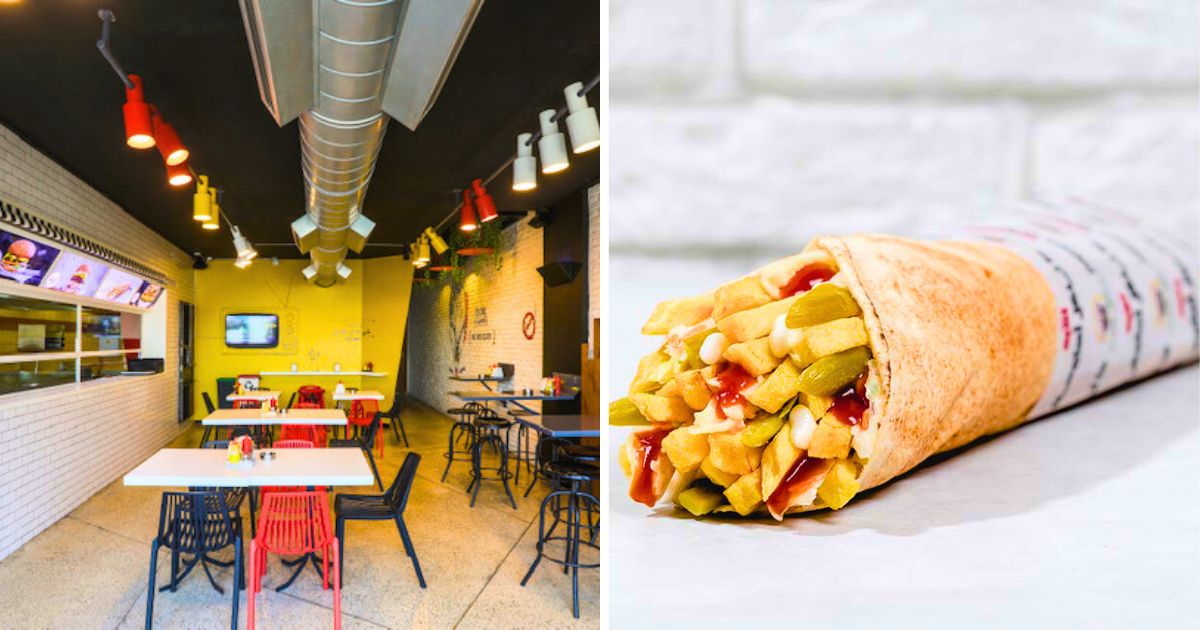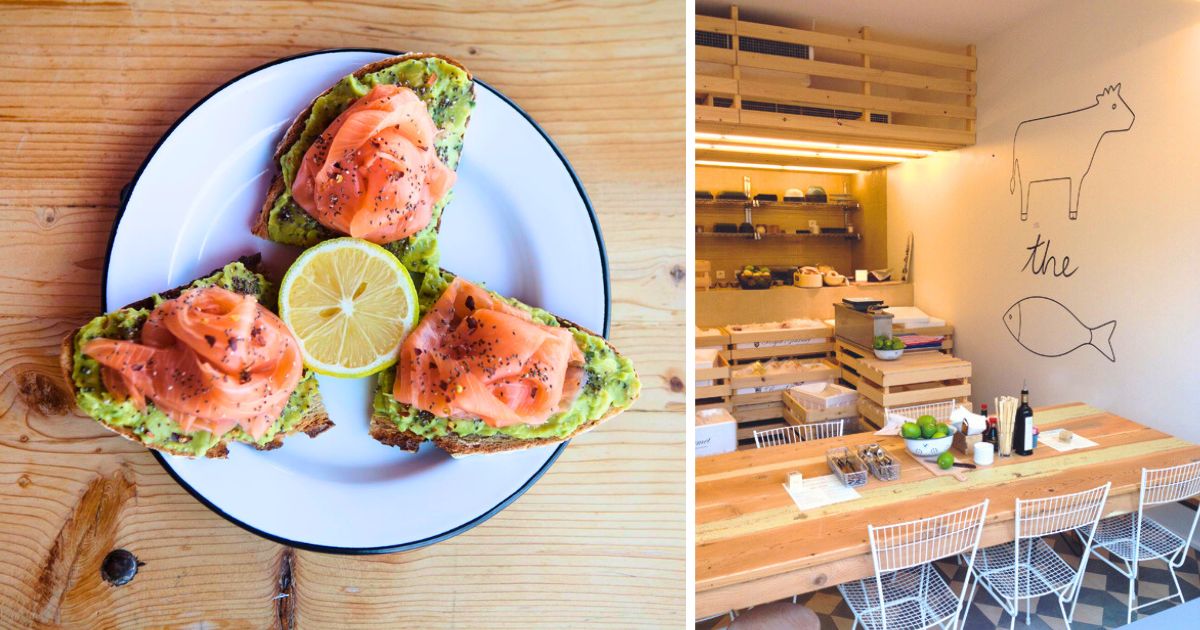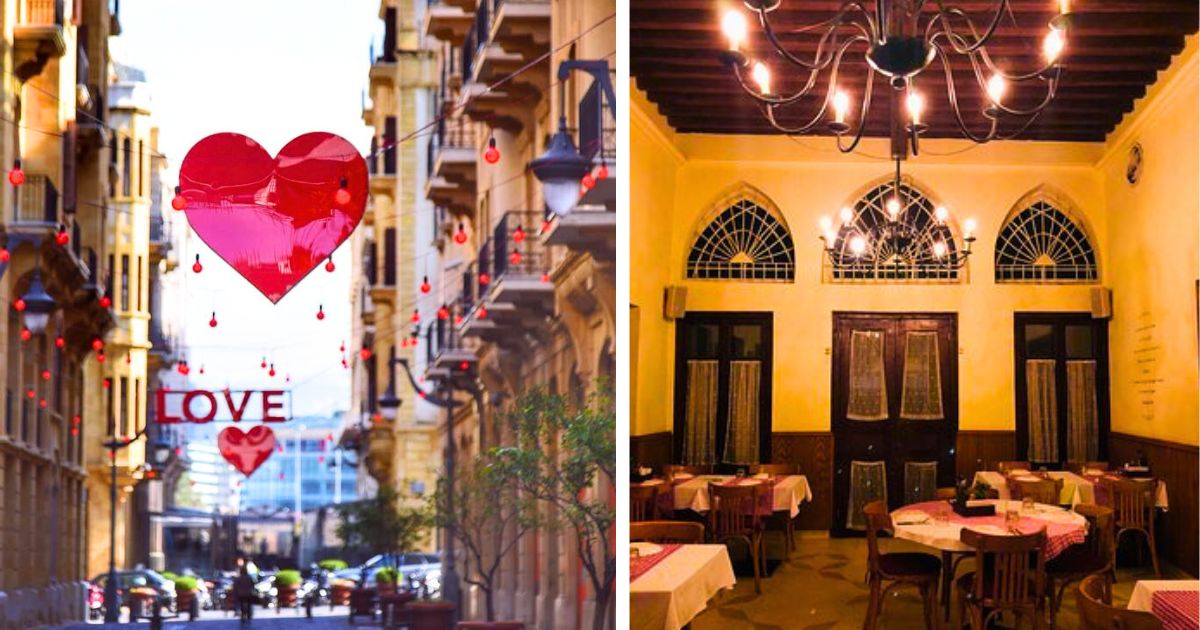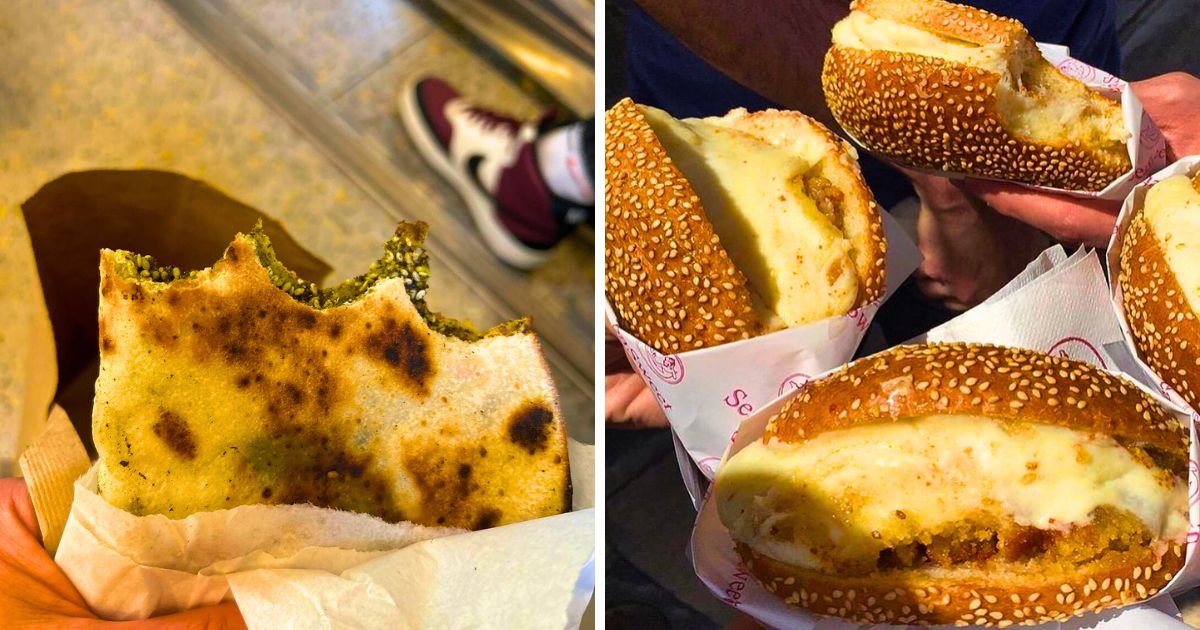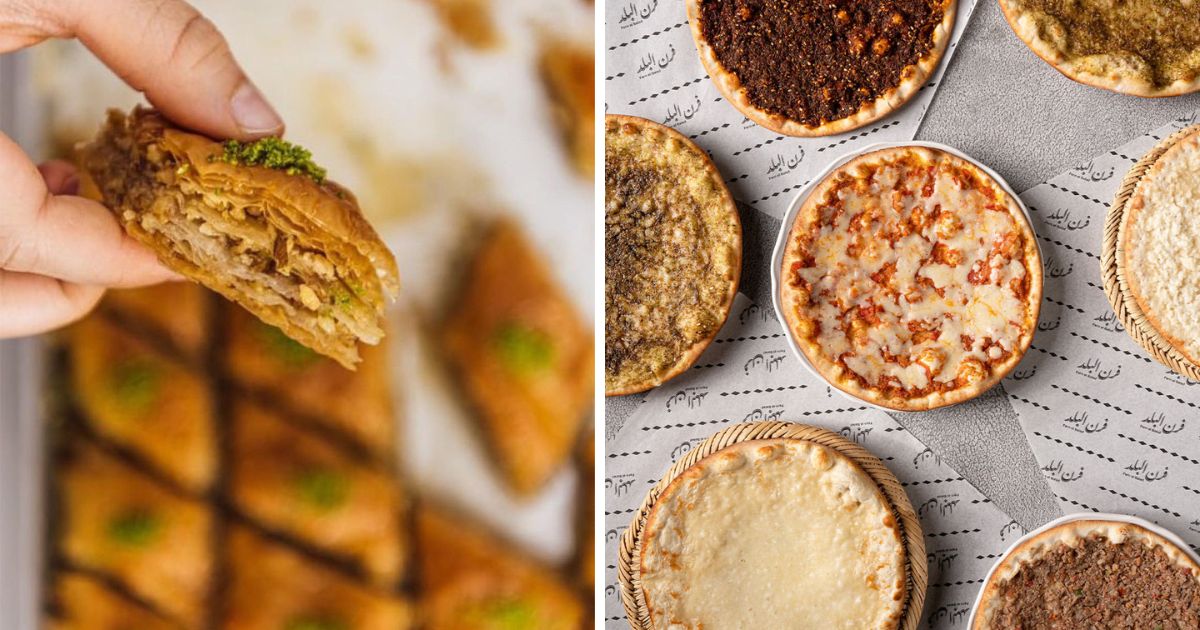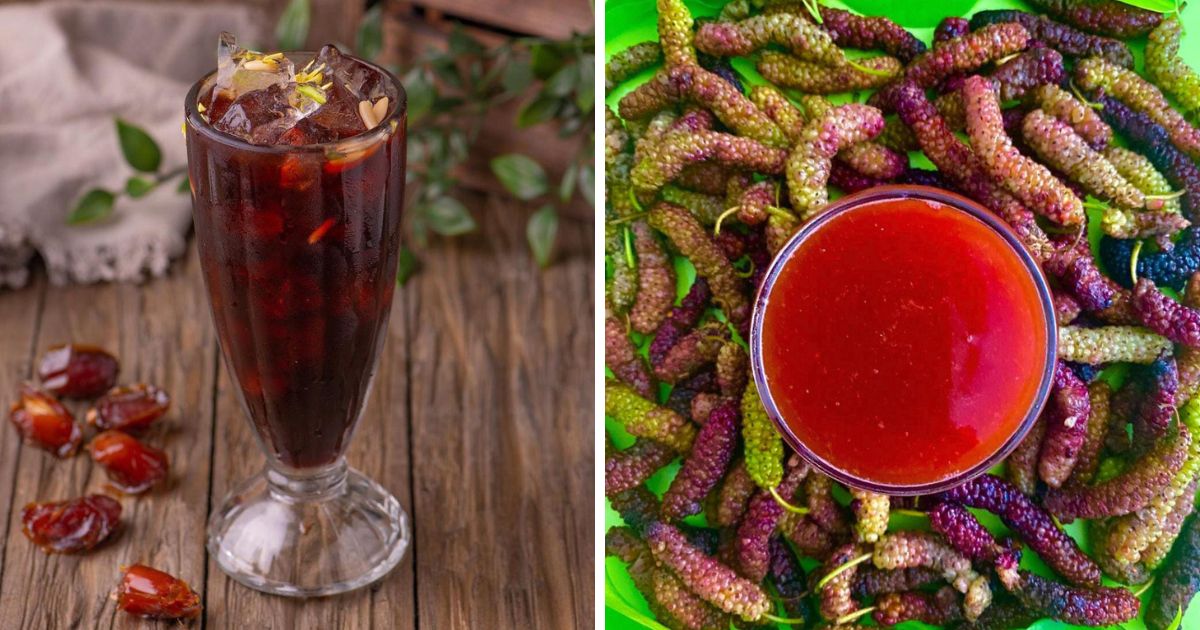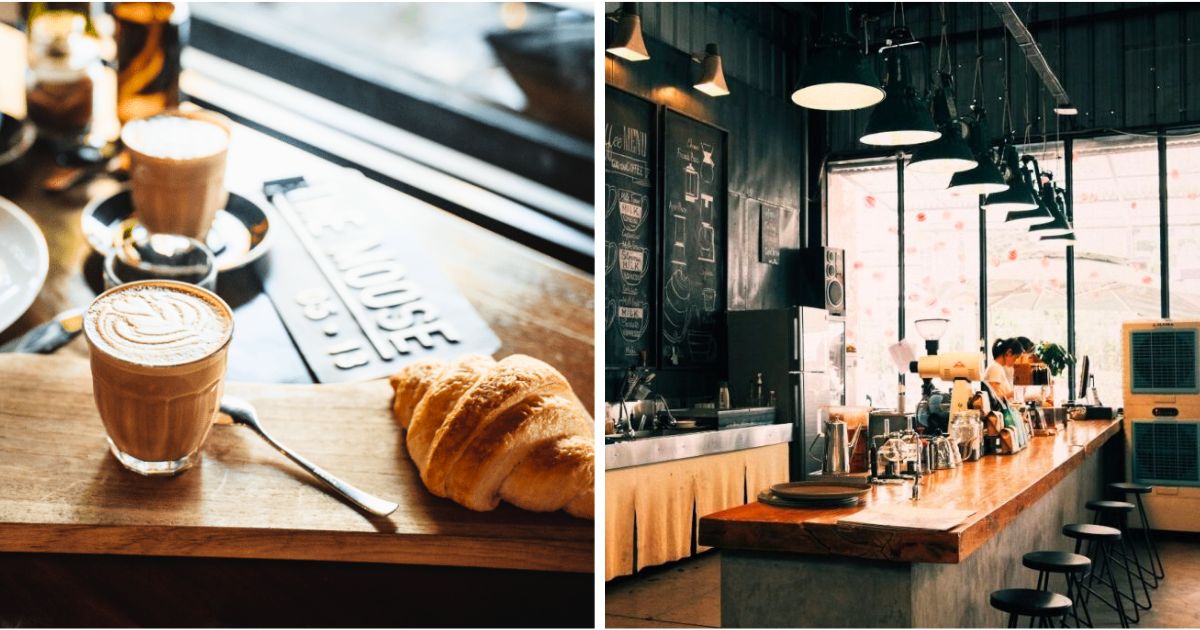For over 70 years, the Baroud Diner in Haret Hreik has been making its surrounding a happier place with its delicious fatteh and sizzling falafels. The family-owned snack-stop is now consciously taking it a step further: Eliminating plastic from their establishment to make the world a greener one.
For any resident of the area, Baroud Diner is the local legend your parents send you to on Sunday mornings to pick up breakfast. Since opening in 1948, this neighborhood benchmark served everything from fatteh to hummus and mashed fava beans (foul).
Passed down from father to son, the place withstood several wars and many difficult years, never compromising its familial essence and authentic Lebanese taste.
Taking it to a higher level, Abed Baroud, the grandson and namesake of the original founder, has decided that it is time for their little shop to take the initiative to contribute to a healthier environment. And so it is that Baroud Diner has completely eliminated its use of plastic!
Any local could tell you that these breakfast and snack shops are a pillar of most Lebanese neighborhoods. While they do offer in-place seating, it is common for customers to ask for their meals to-go. This requires the use of massive amounts of disposable plastic plates and Tupperware containers.
According to Abed, the shop consumed what equated to 250,000 LL or 165 USD of plastic weekly… Plastic that Abed looked up one day from the trashcans and felt telling him, as he said, “What criminals we are being.”
As it is often, the solution was in reverting to the olden days; a time before plastic and its devastating impact on the health and the environment. Taking it upon himself to start the change he wishes to see in the world, the young Baroud owner has replaced all plastic disposables with home pots and reusable Tupperware containers.
This ancient tried-and-tested method is by no means a novel one. Before the invasion of plastic products, people would bring to the founder Abed Baroud their glass pots and pottery bowls to fill them with delicious yummies.
Speaking to Al-Akhbar newspaper, Abed rightly said, “The white plastic boxes that the trade uses are incredibly detrimental; they are nonperishable and unrecyclable, so no recycling center would take them. They are also very harmful to use with heated food, and flimsy and easily broken, so housewives tend to dispose of them quickly… They end up in land dumps and incinerators.”
Encouraged by the added health benefits of not eating in plastic, locals have been quick to pick up on the trend, bringing their glass bowls and Tupperware containers with them to take their treats. For those who don’t bring their own containers, the Barouds provide reusable ones.
That switch to home-owned pots and reusable Tupperware containers of the Barouds doesn’t come without its drawback. Understandably, this decision is costing the restaurant 7-times its monthly allotted budget. However, Abed says that it is a price he is willing to pay as long as the environment doesn’t have to.
While some may think his actions pale in comparison to the gargantuan amounts of waste the corporate industry is dumping on our land, Abed wants his community to know that the change has to start somewhere and that one person can truly make a difference. He is certainly leading by example!
We previously touched upon the Lebanese community’s heightened environmental awareness in light of the crisis our country recently witnessed.
From opening Zero-waste shops to calling for participation in the #Trashtag challenge, people across the country are looking for greener, healthier alternatives both for themselves and the environment.
Lo and behold, those solutions are often waiting for us to pick them up from our grandparents who lived in a time when a simpler life meant for a happier one.
